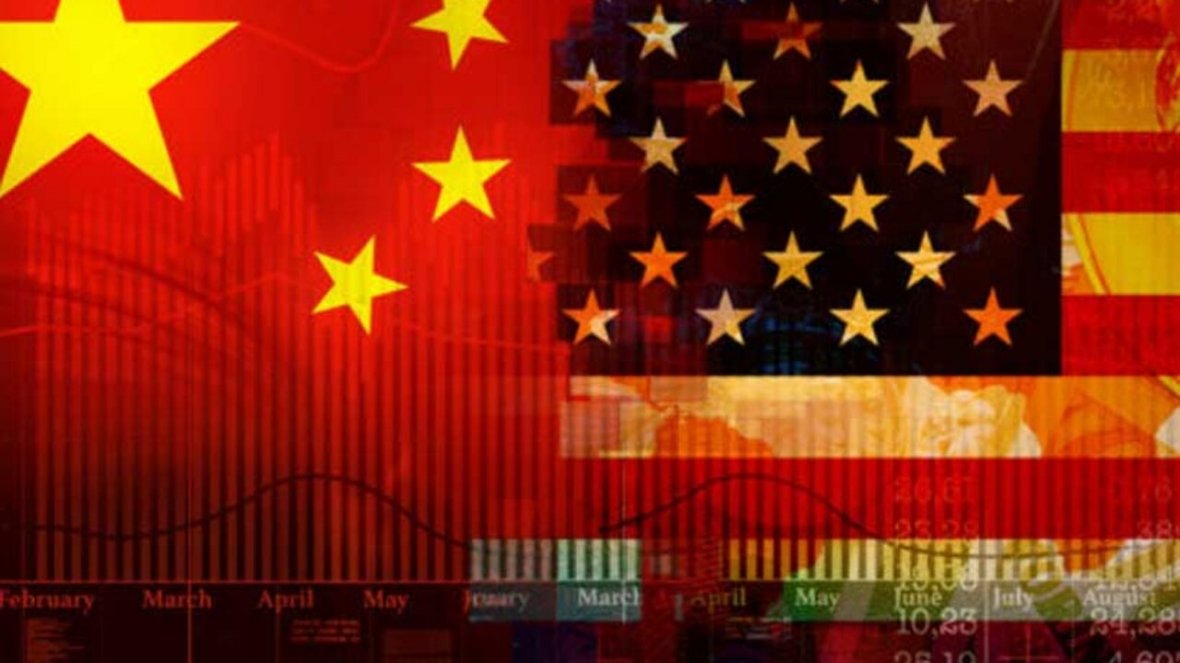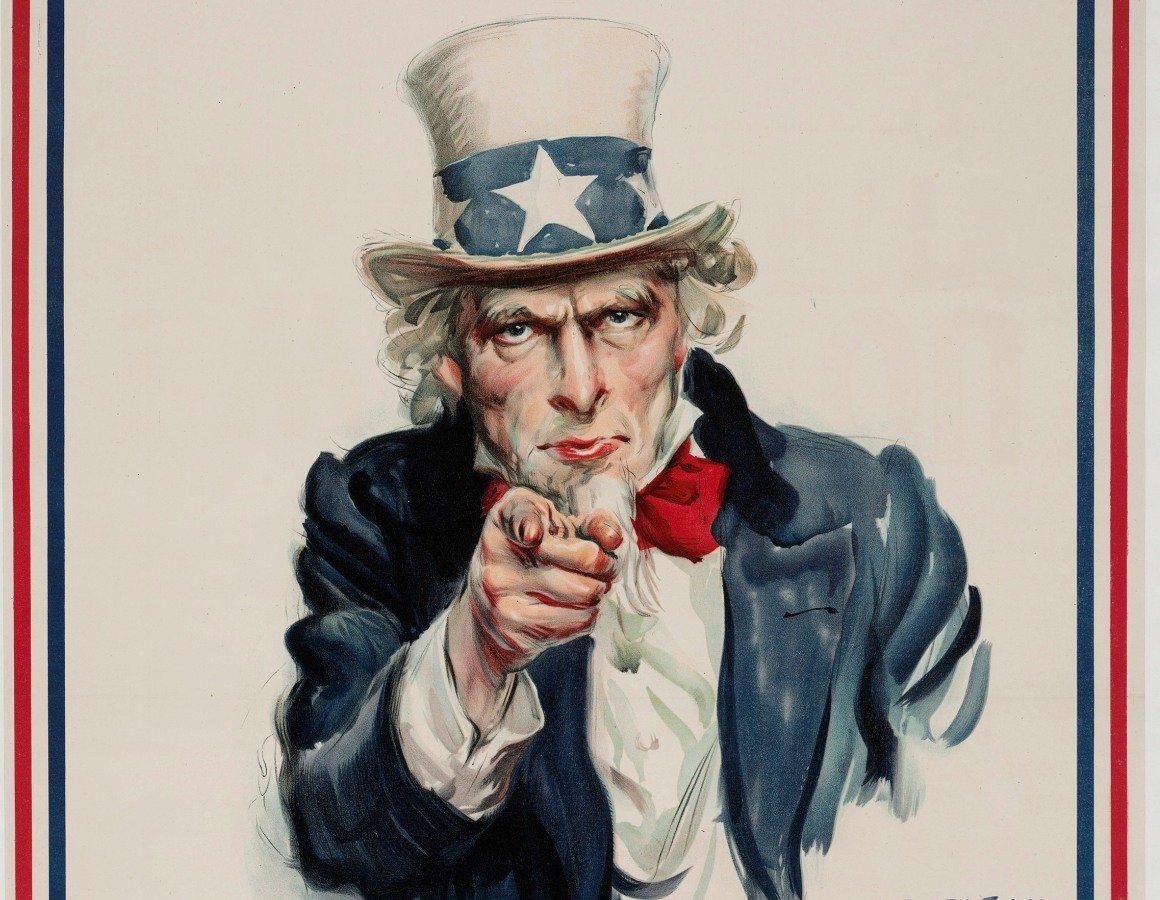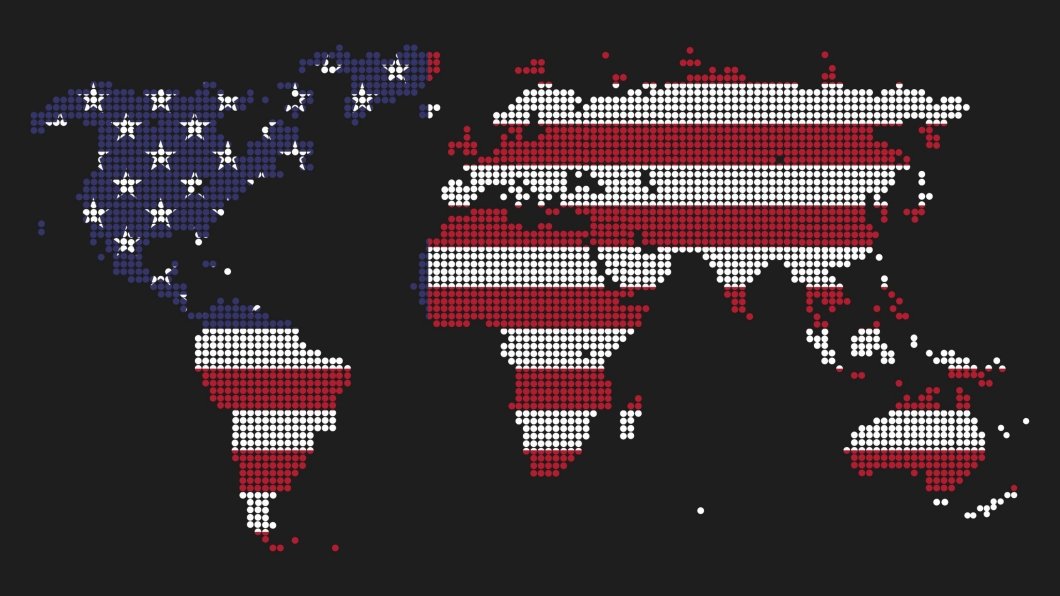Years after 2016 US by-election, social media platforms like Facebook, Instagram, and Twitter have been embroiled in an ongoing series of scandals. But despite their obvious shortcomings, there doesn't seem to be any alternative.

The stage was already set for a challenger when he broke out TikTok in 2018, after its merger with musical.ly. The video-sharing app's development received quite a boost during the pandemic and has since become a central hub in global culture as its highly efficient algorithm keeps users, especially young people, glued to their screens.
Such events are usually celebrated by her industry technologyand government: a tech company launches a new product and achieves massive user growth within a few years.It prevails over stiff competition from incumbents and creates a significant cultural footprint.
However, there was no such praise in the case of TikTok because ByteDance, which owns the platform, is a company from China. For the first time, a Chinese social networking app is effectively challenging the dominance of its US competitors. Consequently, its rise is primarily fear rather than celebration.
Now we wait to see if Joe Biden's administration will ban the app in the United States, citing concerns about Chinese surveillance capabilities.
This of course runs counter to decades of US technology policy, which has promoted the global expansion of the Internet at all costs.

To justify this policy approach, US policymakers characterize any restriction on Internet access as a violation of people's right to free speech.
But freedom of speech was never the end goal: in fact, the idea of a global, unfiltered Internet was primarily attractive insofar as it ensured that American companies maintained their dominance in the market. Now that their dominance is being challenged, the supposed defenders of a free and open internet have begun chanting another trope.
USA vs China
For decades the United States viewed China as a source of unlimited cheap labor and low-cost goods, rather than a real economic and geopolitical competitor. This attitude began to change during his time Barack Obama while US politics is changing significantly in the era of Donald Trump, as US officials began to terrorize the public about the threat of Chinese technological development.
The Trump administration imposed restrictions on Huawei equipment, tried to ban TikTok and WeChat and promoted a vision of a “Clean Internet” that would exclude technologies being developed in China. Instead of reversing the actions of his predecessor, Joe Biden doubled down on the campaign against Chinese technology, portraying it as a national security risk and seeing it as part of the broader conflict between the United States and China.
After banning TikTok from US government devices and leading many other Western countries to follow suit, the Biden administration tried to force TikTok's Chinese owners to sell their shares under the threat of a complete ban.
The U.S. government's concerns center on TikTok's collection of user data and the claim that that data could be accessed by the Chinese Communist Party (CPC) to gain a geopolitical advantage over the United States. But these justifications-positions are reportedly increasingly supported by the United States.
Recent years, TikTok has struck deals with Oracle to store data from the US in data centers in Ireland and Norway to address data security concerns on both sides of the Atlantic. Contrary to the claims of some US lawmakers, TikTok is a private company, not a state-owned one business under the rule of the CPC. In fact, if the CPC wanted access to US user data, it has much easier ways to access it through the data brokers that the FBI and Department of Homeland Security already use.
Data collection and its inappropriate use are not one and the same problem who created TikTok, but a broader issue that affects all social networking apps and many other tech companies.
The US government's desire to ban TikTok instead of cracking down on the entire industry is a pretty good indication that its campaign isn't really about national security or data protection, but something much deeper: preserving America's economic and geopolitical hegemony.
In the context of digital rights, banning TikTok would primarily be a violation of users' freedom of speech under the First Amendment of the US constitution. It would block a platform where millions of people communicate with each other, but also the opportunity for a smaller number of "creators" to earn some income or even make a living from their posts.
The argument is not entirely wrong, but it is driven by a libertarian Internet framework camouflaged for state power that does not reflect reality. It reinforces the characterization of China as an enemy, and does not explain why the United States is changing its technology policy at this time.
How the Internet Served US Interests
In Internet for the People, Ben Tarnoff explains that during the 1990s, “the Internet it died suddenly and something different appeared." It was the decade when the Internet, which was a product of publicly funded research, was finally handed over to the private sector. Unlike the framework of digital rights organizations, it allowed companies to fully colonize the nascent digital environment and shape its development, always of course with the help of the state.

In 1989, Senator Al Gore argued that "the nation that most fully assimilates high-performance computing into its economy will emerge as the dominant intellectual, economic, and technological power of the next century." He saw digital technologies as a means of expanding US power, and that happened with the Internet. As explained by Daniel Greene in The Promise of Access, the internet was “an instrument of soft power” that became an important means of expanding the global influence of the United States and the market for its technology companies.
Through this lens, the notion that governments around the world needed to ensure unrestricted access to the internet in order not to infringe on the rights of their citizens was part of a broader neoliberal framework that included expectations of free trade and unrestricted capital flows.
These policies further strengthened US and Western capital at the expense of other countries' domestic technology industries.
In the United States, such an approach to the internet was presented as a means of protecting free speech abroad, but it also ensured that governments around the world could not challenge the global dominance of American technology companies. If foreign governments tried to restrict them for other domestic alternatives, they would be accused of authoritarian repression.

The "Great Firewall” of China is actually an internet censorship tool that allows the Chinese government to restrict user access to certain topics. But that's not all. More importantly for China's government, it also offers a form of economic protectionism that restricts the activities of foreign technology companies to allow domestic companies to innovate and grow so that they can eventually become internationally competitive.
China has applied long-standing lessons on the use of trade barriers and industrial policy to develop domestic industry in the Internet age, and it has clearly been very successful. This would have been almost impossible had he not placed restrictions on foreign competition.
The US is protecting its tech capitalists
After decades of arguing that banning Internet services and restricting citizen access to certain parts of the world is an authoritarian overreach, the United States is beginning to adopt exactly these policies. Arguments for digital rights do not provide a sufficient explanation for their reversal. Instead, we should look at geopolitics and political economy if we want to really understand what's going on in the tech industry.
The reality is that for decades, arguments have been used to justify the global dominance of American technology companies and, by extension, the continued technological superiority of the United States. China's refusal to comply with these policies and effectively use restrictions to develop its domestic capabilities is what has allowed it to become a serious challenger to the United States' control over technology, and it is something that the US government won't allow it.
TikTok is being restricted not because it poses the biggest threat to Americans' privacy and security than any other social media app on their phones, but because is a serious challenge for US services such as Facebook and Instagram.

It's no coincidence that just as Silicon Valley was being scrutinized for antitrust, some of its most prominent executives began shouting about the Chinese boogeyman. Meta is funding a campaign against TikTok, trying to lure creators back to its platforms, and antitrust efforts have not been particularly successful as the government's focus has shifted to fighting Chinese tech competition.
The United States presents its campaign against Chinese tech companies as a battle of civilizations, positioning itself as the defender of Western democracy against Chinese authoritarian communism. Policymakers want people to overlook how the United States continues to watch the world with the help of Silicon Valley.
Banning TikTok is not just a free speech issue. It's something bigger. The United States is putting limits on China to try to defend its global hegemony and technological superiority from a rising power, and in particular to protect Silicon Valley from its first real competition in decades. This conflict is not about what is best for the public or protecting supposed Western values from outsiders who would undermine them. It is about power, profit and ensuring that the US capitalist class maintains control of the world order.





